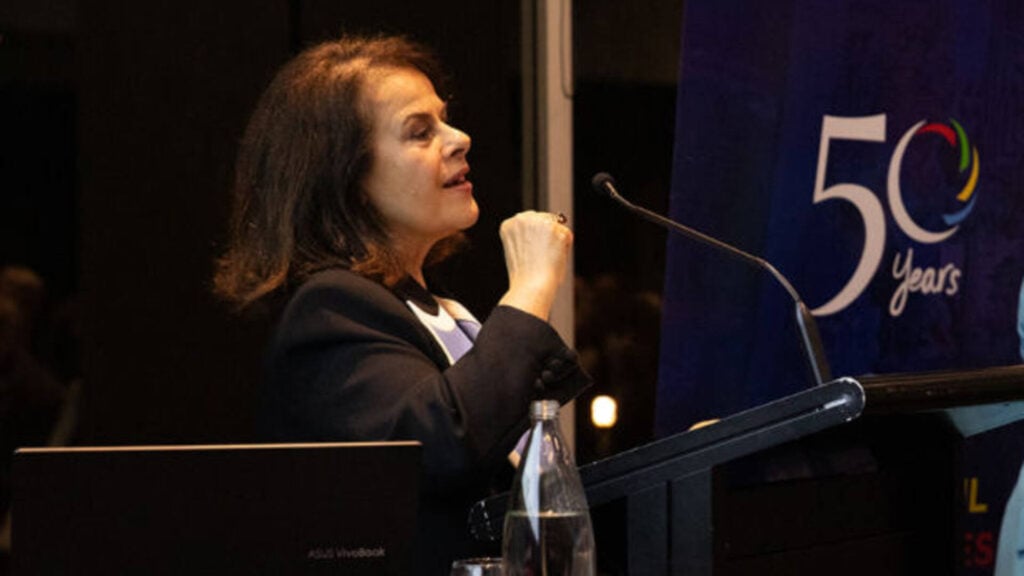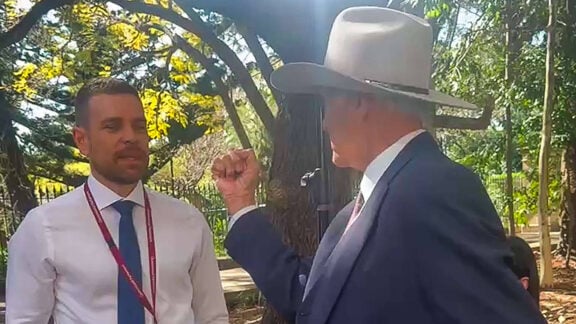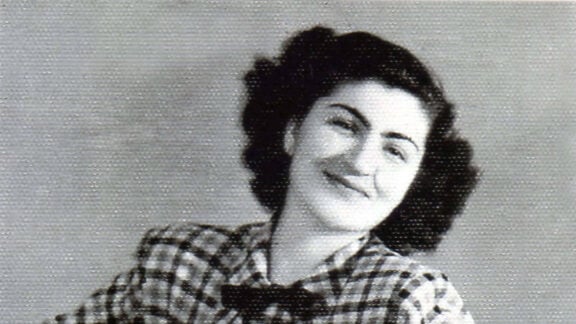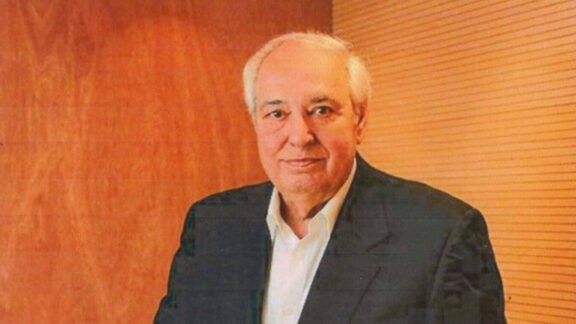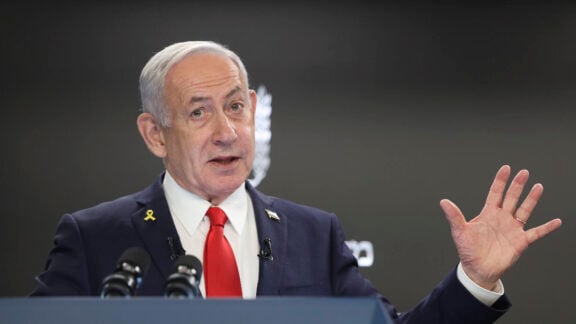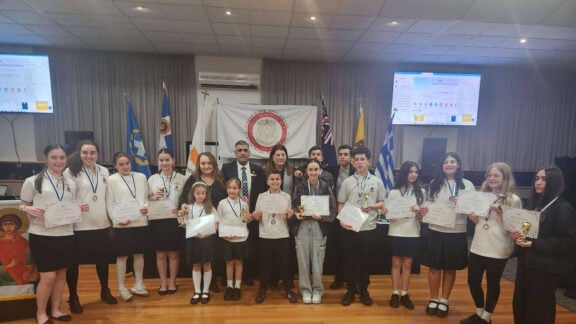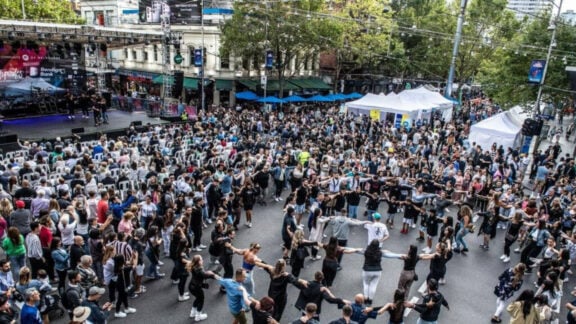Dr Helen Vatsikopoulos delivered a frank oration on the importance of storytelling, describing its power to share information to the masses and the problems that arise when the narrative is distorted.
The Greek Australian journalist gave the first-ever Multicultural Oration on 20 August in Adelaide, a new initiative conceived by the Multicultural Communities Council of South Australia as part of their 50th anniversary celebrations.
The Inaugural MCCSA Multicultural Oration was titled “What’s the story? Migration, Memories and the Importance of Controlling the Narrative” and saw the Professional Fellow at UTS delve into the issue of whose stories are being told and whose are being left out.
Dr Vatsikopoulos touched on various topics in her oration centred around the larger theme, highlighting how significant a role storytelling has in society.
“Stories are powerful and impactful and that’s why everyone wants to control the narrative,” Dr Vatsikopoulos said in her speech.
“Stories not only transmit knowledge, they help us to understand what is happening in the world and how it impacts us. Stories help us to relate to the experience of ‘the Other’ and their suffering building an emotional understanding.”
The Greek Australian journalist shed light on her own experiences in migrating to Australia, growing up and encountering discrimination both at school and in the workplace.
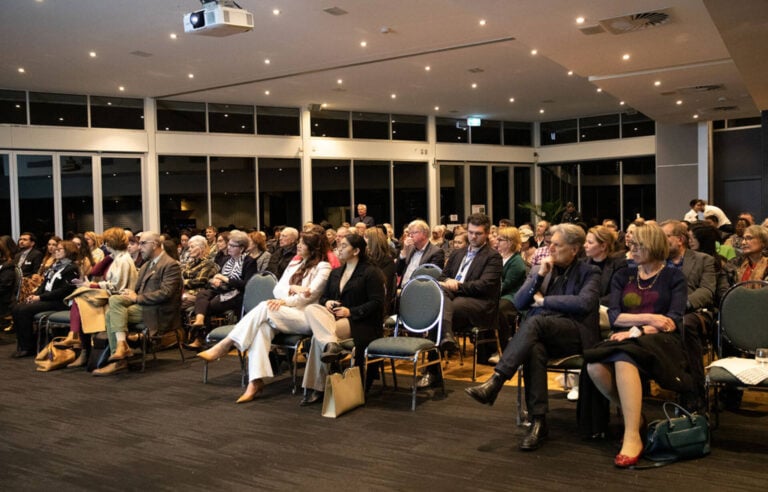
She highlighted how the restriction of stories can be done with both good and bad intentions, but they nevertheless represent an effort to “control the narrative”.
Dr Vatsikopoulos stressed that people’s experiences have an impact on what stories they do and do not know about, which is what makes it crucial that more people from diverse backgrounds and lower socio-economic areas are given a platform to share these stories.
“We need more storytellers from marginalised groups reporting on the cost-of-living crisis and the issues affecting ordinary people and less who will tell us why we need to maintain franking credits and negative gearing for self-funded retirees with shares and property portfolios,” she said.
She also remarked on the growing problem of the ability of technology (specifically social media) to spread information and incite distrust in conventional journalism.
“We now live in a very different world. We are now hyper connected. The Reuters Institute for the Study of Journalism 2025 Report tells us that trust in the media is low,” Dr Vatsikopoulos said.
“More and more people are now getting their news from social media. Who is behind these posts? We cannot say for sure.”
The journalist also remarked that a recent study by the UK’s AI Security Institute and Cornell University found AI bots can make people change their political views in less than ten minutes of engagement.
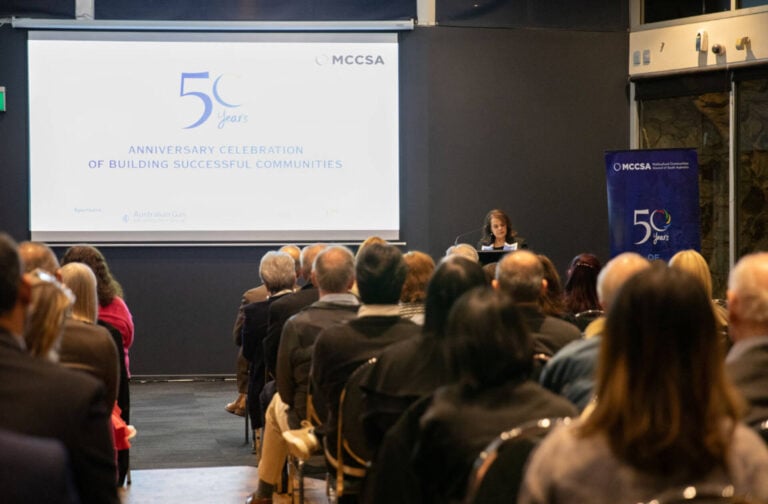
“Ten minutes can cancel out the considered, ethical and factual stories of respected and experienced journalists. That is scary.”
She then stressed how world events have caused a rise in antisemitism and islamophobia in Australia, posing new challenges that threaten social cohesion.
“There is a danger of weakening of our common bonds, our harmony and a fracturing of our common humanity,” she said, while noting that the Social Cohesion report does state “four in five Australians agree that multiculturalism is valued and good for the country”.
Dr Vatsikopoulos reiterated the importance of controlling your own narrative, saying:
“It’s your story and if you don’t control it – someone else will.”
